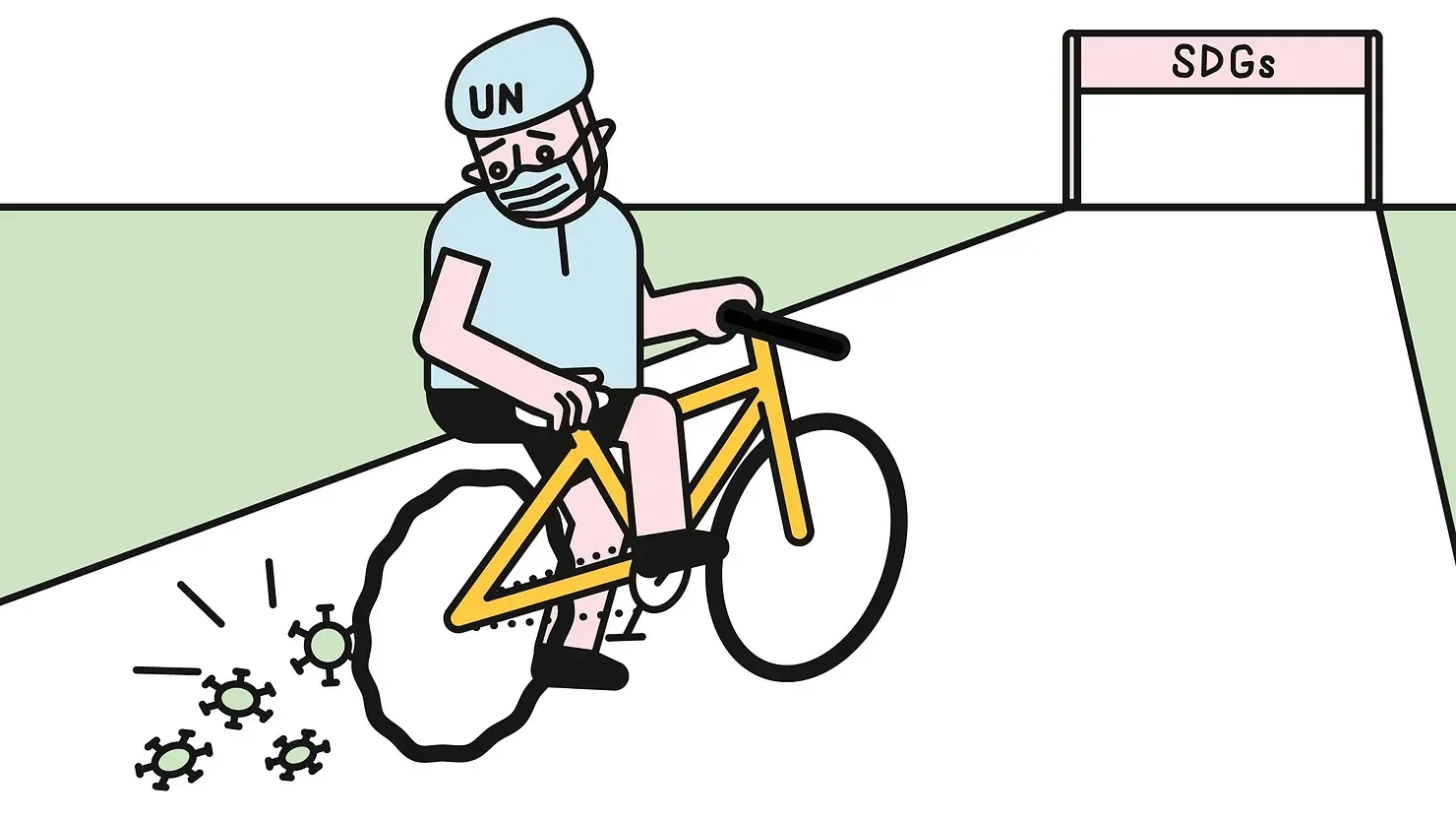
Can the United Nations Sustainable Development Goals survive the Covid-19 crisis?
The pandemic will massively impact the United Nations Sustainable Development Goals (SDGs). Yet, they remain the best roadmap to deal with the crisis—and to prevent future ones.
